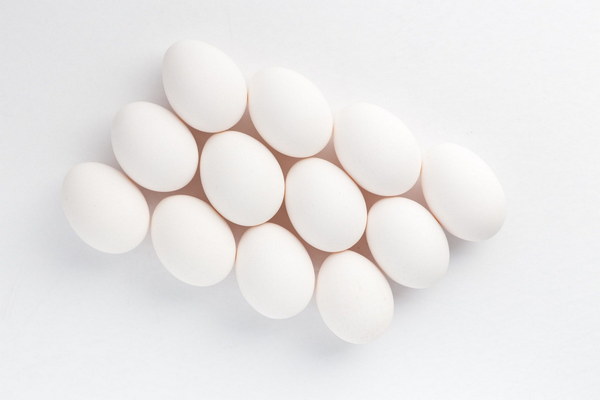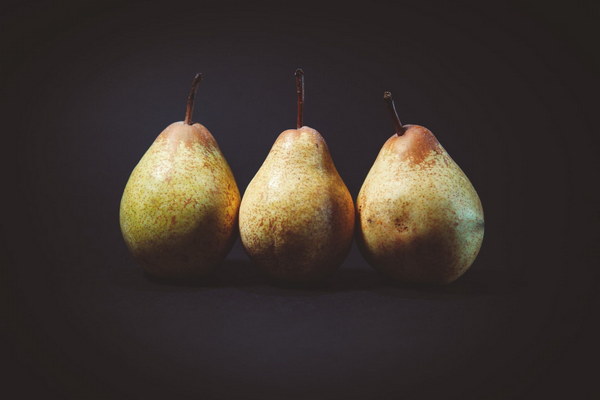Balancing Yin Deficiency How to Nourish Your Body During the Autumn Season
As the vibrant colors of autumn paint the landscape, the season also brings with it a shift in energy. For those who suffer from Yin deficiency, the transition into autumn can be particularly challenging. Yin deficiency occurs when there is an imbalance of Yin energy within the body, leading to symptoms such as fatigue, irritability, and a general feeling of weakness. To help you navigate this change and maintain your well-being during the autumn months, here's a comprehensive guide on how to nourish your body and balance your Yin energy.
1. Embrace Warmth and Comfort
Autumn is a time when the natural world begins to slow down and conserve energy. To align with this seasonal change, focus on creating a warm and comfortable environment for yourself. Wear layered clothing to stay cozy, and consider using warm drinks such as ginger tea or turmeric milk to soothe your body.
2. Adjust Your Diet
The autumn season calls for a diet rich in warm, nourishing foods that can help balance your Yin energy. Incorporate the following foods into your diet:
- Root vegetables: Carrots, beets, sweet potatoes, and parsnips are excellent sources of nutrients and can help ground your body.
- Leafy greens: Spinach, kale, and Swiss chard are great for balancing your Yin energy while providing essential vitamins and minerals.
- Nuts and seeds: Almonds, walnuts, and chia seeds are packed with nutrients that can help support your immune system and promote overall health.
- Fruits: Apples, pears, and persimmons are in season during autumn and can help nourish your Yin energy.
Remember to avoid cold, raw, and heavy foods, as they can exacerbate Yin deficiency and lead to further discomfort.
3. Stay Hydrated
Hydration is crucial during the autumn months, especially for individuals with Yin deficiency. Drink plenty of warm water, herbal teas, or broths throughout the day to support your body's internal balance.
4. Practice Gentle Exercise
Engaging in gentle, low-impact exercises can help balance your Yin energy while keeping your body warm. Consider activities such as yoga, tai chi, or walking. These practices can enhance your flexibility, improve your mood, and promote overall well-being.
5. Prioritize Rest and Sleep
As autumn approaches, it's essential to prioritize rest and sleep to help your body recover from the stresses of daily life. Aim for 7-9 hours of quality sleep each night, and consider incorporating relaxation techniques such as meditation or breathing exercises before bed.

6. Manage Stress
Stress can exacerbate Yin deficiency, so it's crucial to find healthy ways to manage your stress levels. Practice stress-reducing activities such as journaling, reading, or spending time in nature.
7. Acupuncture and Herbs
If you're struggling to balance your Yin energy, consider seeking the help of a qualified acupuncturist or herbalist. These practitioners can provide personalized treatment plans that address your unique needs and help restore your body's balance.
By following these guidelines, you can help balance your Yin energy and enjoy a comfortable and healthy autumn season. Remember that it's essential to listen to your body and adjust your self-care routine as needed. With a bit of attention and care, you can navigate the transition into autumn with ease and grace.









